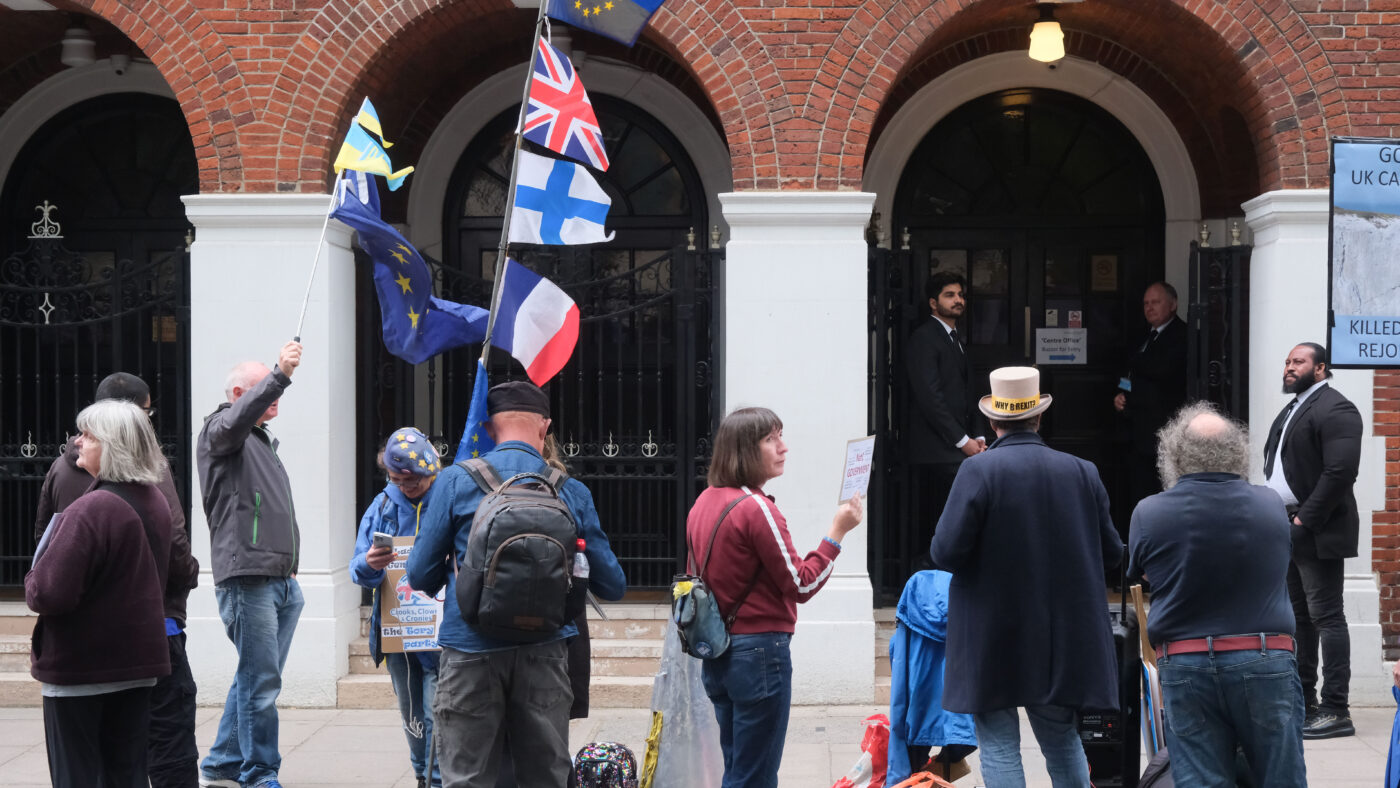This week’s National Conservatism Conference in London was a strange beast: part book fair, part lecture series, part political rally for a group whose principal belief seems to be that, to paraphrase D:Ream, things can only get worse.
From the evils of Net Zero, to the collapse of the nuclear family, the march of ‘cultural Marxism’ and the treatment of JK Rowling there was something for every bugbear here. That might have made great sports for columnists, sketch-writers and pro-Tweeters, but it didn’t look much like a coherent ideology, let alone the basis for sustained political action.
Not that that stopped the usual suspects from howling about ‘fascism!’ throughout. That the three-day gathering provoked such a heated response in some quarters owes more to the paranoid style of online political discussion than anything that actually happened in the hall. There were certainly some off-key moments on the main stage, but this was an event that was much more pub social than beer hall putsch. And if some people instinctively invoke the worst evils of the 20th century at the sound of anyone vaguely rightwing, that probably says more about them than the person speaking.
And even if this conference really represented the incipient stirrings of a new authoritarianism (spoiler alert: it wasn’t), there’s precious little evidence that its rather vague creed has permeated the Conservative Party itself.
Yes, MPs and Cabinet ministers past and present spoke, but none gave a sense that they were signed up to a particular new brand of Toryism. Indeed, Jacob Rees-Mogg and David Frost’s free trading versions of conservatism are starkly at odds with some of the protectionism espoused by other speakers – not least the US senator JD Vance, who Zoomed in from across the pond.
Vance’s contribution also crystallised another problem with the NatCon movement. So much of its tone and timbre derives from an American political scene that is wildly different from the UK. The emphasis on Christianity makes a lot of sense in a god-fearing society like the US, but rather less in a Britain where most of us only go to church for weddings, funerals and the odd Christmas carol. (The irony here is that the closest thing to a genuinely shared Anglo-American version of conservatism was the Thatcher-Reagan neoliberal love-in that so many ‘post-liberals’ now inveigh against.)
You also get a strong sense that this is a movement tilting at windmills, especially on economic questions. Anti-marketeers have been using phrases like ‘free market fundamentalism’ and ‘purist libertarianism’ for so long, they’ve forgotten to look at the actual country we live in.
For, whether national or otherwise, a version of conservatism that isn’t primarily concerned with arresting our chronic economic underperformance isn’t worth having.
This is a Britain, after all, where we seem determined to regulate our tech industry to an early grave, where house-building is held up by insane rules on nutrient levels, and where the state taxes and spends like it’s going out of fashion, largely in support of a money-pit socialised health system. If this is untrammelled liberalism, God knows what a leftwing Britain would look like. Though, judging by the polls, we may find out soon enough…
Click here to subscribe to our daily briefing – the best pieces from CapX and across the web.
CapX depends on the generosity of its readers. If you value what we do, please consider making a donation.


